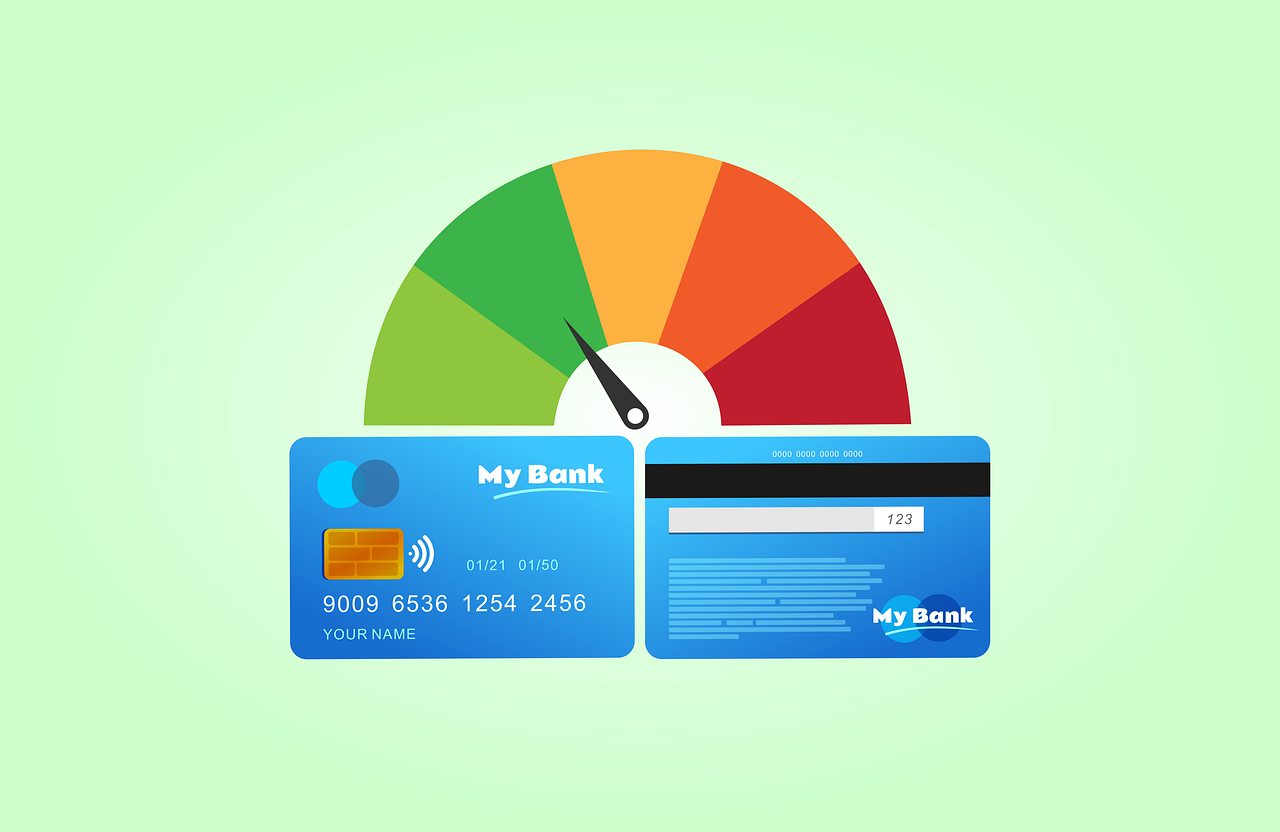How to Raise Your Credit Score
Raising your credit score is helpful for many reasons. Some people have financial goals, like buying a home or buying an income property that requires a higher credit score. Others need a good credit score for their career goals. Some jobs require a good credit score, especially in the financial sector. For those people, it’s critical to maintain good credit at all times.
Pay Down Debts
One easy way to improve your credit score is to pay down your debts. When you have a lot of debt it can reduce your overall credit. Whether you get a side gig or you cut back temporarily on your extra spending, there are plenty of ways to get extra cash to pay down and pay off the money you owe. Some people like to consolidate their loans to make them easier to pay off. You may even be able to get consolidation loans without proof of income. This can make the process very quick and convenient, especially for people like independent contractors who may not get a pay stub each month.
Increase Your Monthly Income
One of the factors that credit agencies look at is your debt-to-income ratio. Simply by making more money, you can boost your credit score. This means looking at new job opportunities, adding a second job, and even getting more education or certifications so you can improve your employability. This can also give you more money to pay off debt as well.
Make More Than One Payment Per Payment Cycle
If you can, one strategy that people use to increase their credit score is to make two payments per month on their debts. Not only does this help to pay down the debt more quickly, but it can also help to improve your scores more quickly. It helps to make one full payment by the due date, and then make a secondary payment a week or two later. Some mortgage companies will even let you split the mortgage payment into two as long as you pay the entire amount by the deadline.
Close Out Old Credit Accounts
Some people have too many credit accounts lingering in their credit reports. Closing old accounts that are no longer active or asking to remove old debts from your credit report can help you get a boost in your credit score. This process takes time, but once it’s complete, it should give you a good jump in your scores.
Look For Errors on your Credit Report
Did you know that some credit reports have errors? This means that you could be getting dinged for something that’s not accurate. Some errors to look for include wrong balances, identity theft, mixed files, and even if the credit reporting agencies think you’re dead. These can all impact your credit score and need to be fixed if you want to have better credit. Improving your credit score can make it easier to meet your financial goals in the future.
Don’t Apply for Credit Too Often
Another mistake that people make is to apply for credit accounts like store credit, car loans, and new credit cards. Whether you plan to use them or not is irrelevant, simply applying too frequently can impact your overall credit score. Only apply for the things you absolutely need. Avoid trying to get too many loans back-to-back. This is especially true if you are trying to make a large purchase like for a home or a car.
Get a Higher Credit Limit
If you are close to maxing out any of your credit cards, you can request a higher credit limit. This is a temporary fix, and you need to be careful not to use the new credit limit if you are trying to boost your credit score. It looks better if your cards are not constantly maxed out, so this is why this strategy could be helpful.
Conclusion
There are numerous ways to improve your credit score aside from simply paying off your loans. By improving your financial situation with a bigger salary, looking for errors in your credit score, and even getting a higher credit limit, you can work toward raising your score to a level that helps you meet your money goals.

